Blog
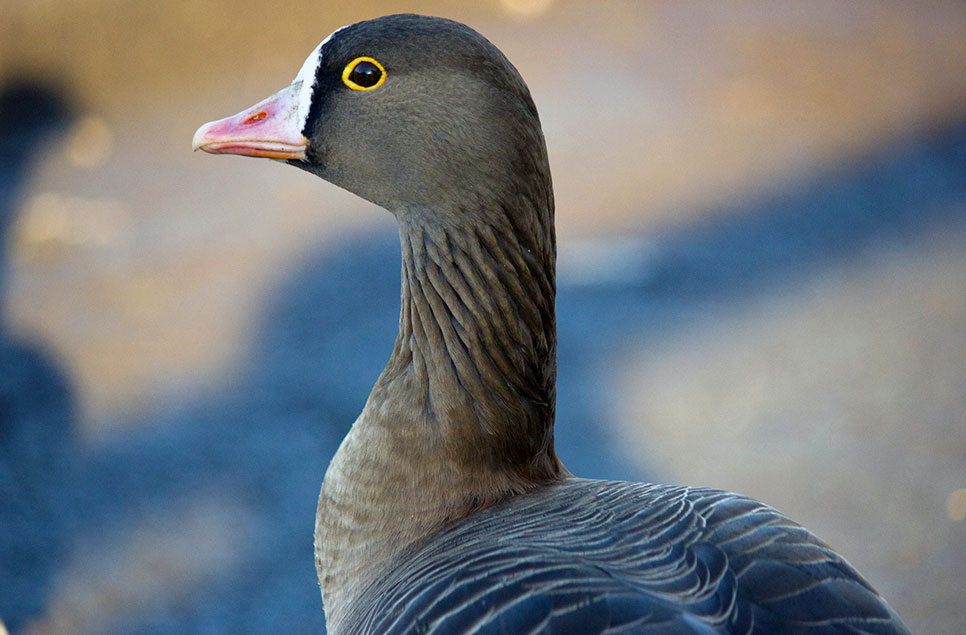
Why WWT Slimbridge is called the birthplace of modern conservation
On a bright December morning in 1945 two men watched a large flock of geese feeding on the banks of the river Severn in Gloucestershire. As they watched they noticed that the flock contained several different species of geese.
7 September 2021
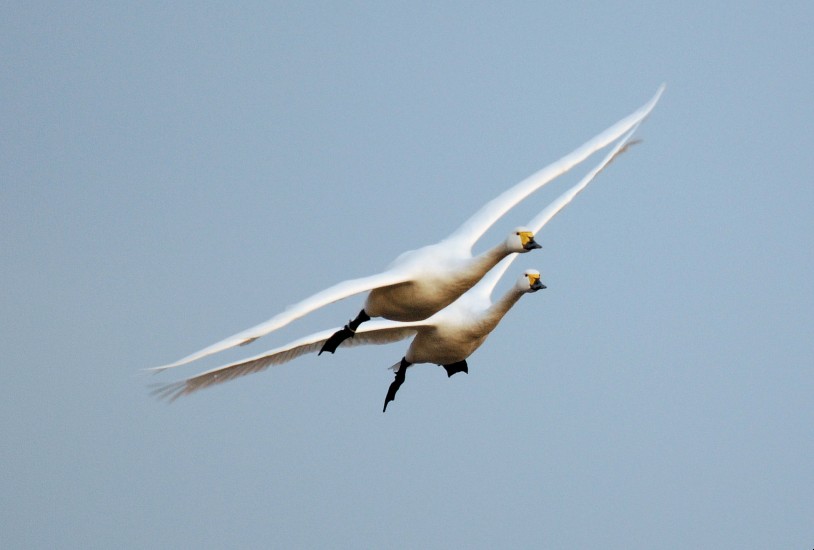
Stories from the Russian Arctic
With Bewick's numbers falling by 40 percent since the mid-1990s, and as many as a third having shotgun bullet pellets in their bodies, WWT has been working with the local community in their Russian breeding grounds to help conserve these endangered swans
13 January 2021
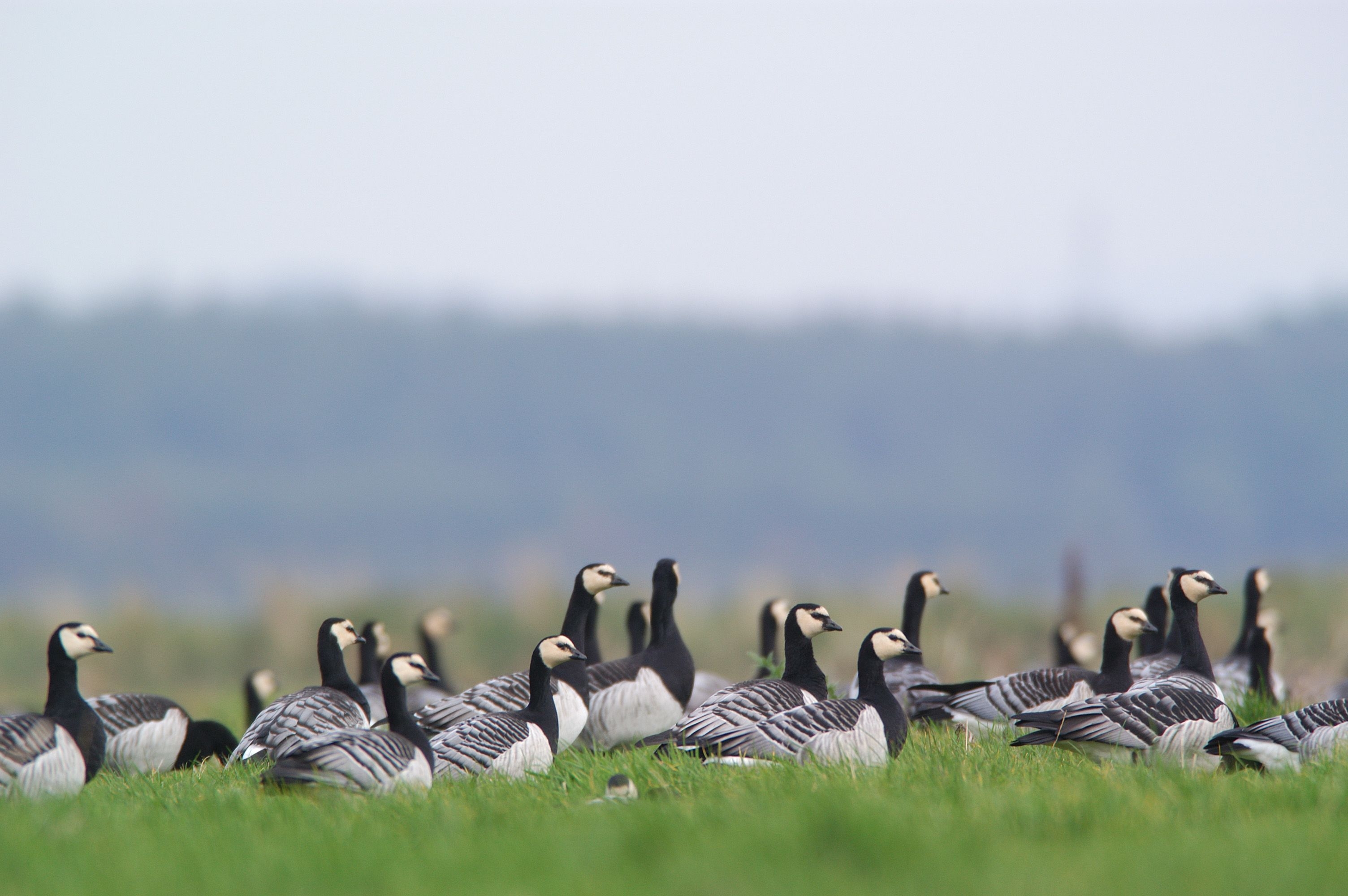
Rising temperatures are triggering changed responses in animal populations in the Arctic, new data shows
The Arctic is in the process of entering a new ecological phase, which potentially carries a huge cost for humanity. WWT have taken part in a global study to shed light on how climate change might be affecting high Arctic species.
5 November 2020
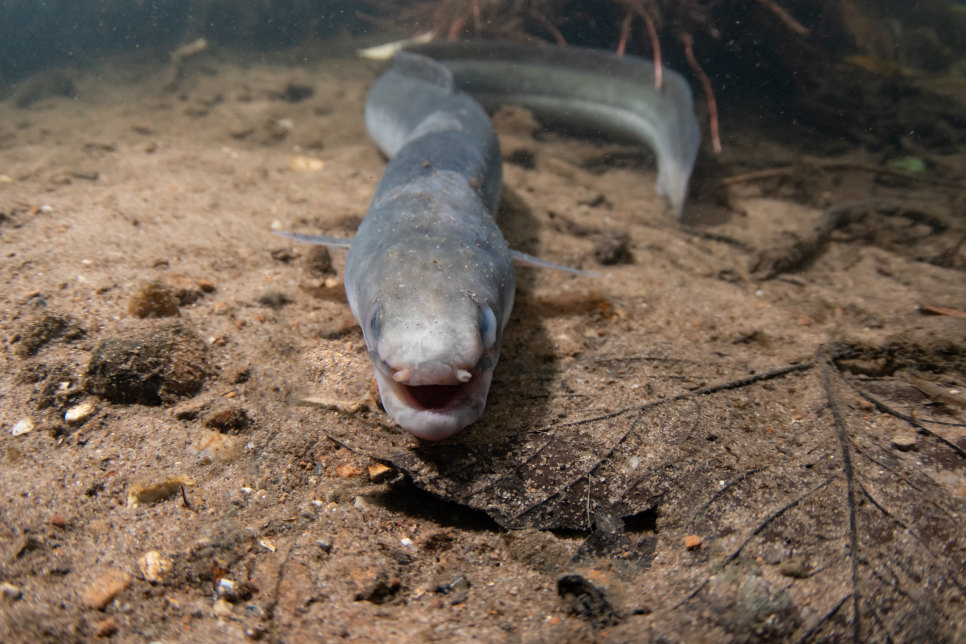
Nights, camera, action! Device to record voyaging eels during hours of darkness installed at Gloucestershire reserve marking World Fish Migration Day
A new acoustic camera has been fitted at WWT Slimbridge Wetland Centre to monitor eels embarking on their epic migratory voyage.
24 October 2020
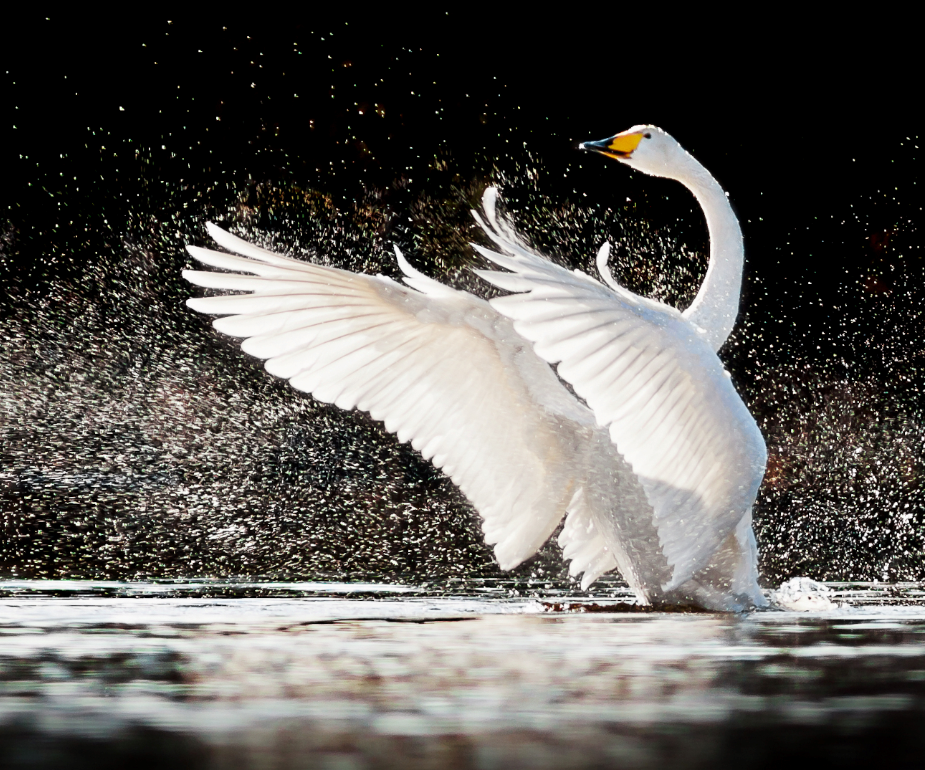
EU countries choose health over poison in historic vote to ban lead shot in wetlands
A huge leap towards ending the suffering of millions of waterbirds from lead poisoning has been taken following a momentous vote to ban lead shot in and around wetlands.
4 September 2020
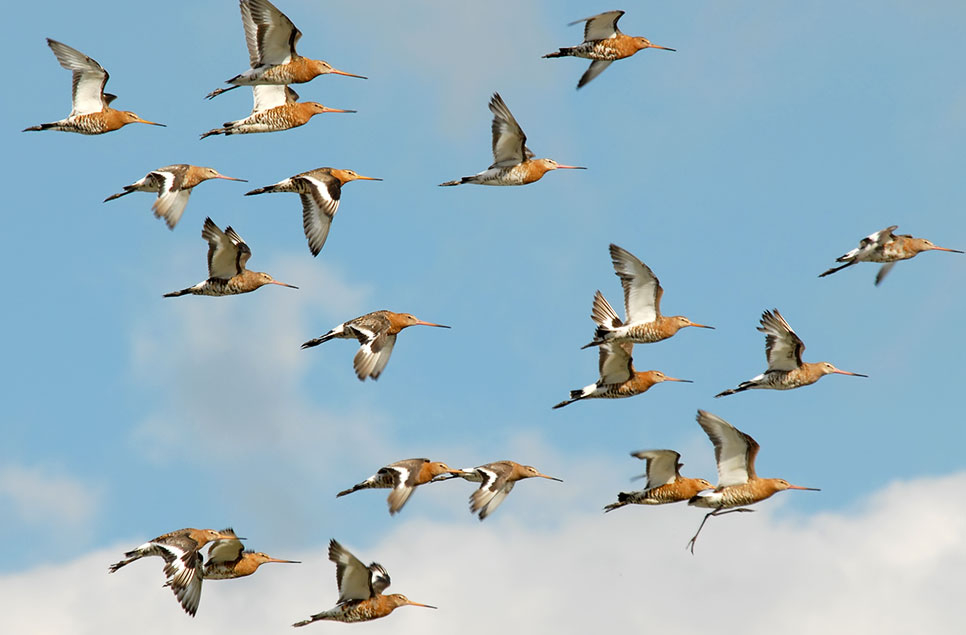
Welcome home! Black-tailed godwits return to WWT Welney
It seems that home really is where the heart is, even if you’re a black-tailed godwit. With good numbers already returning to Project Godwit sites this year, the future looks bright for these iconic waders.
19 May 2020
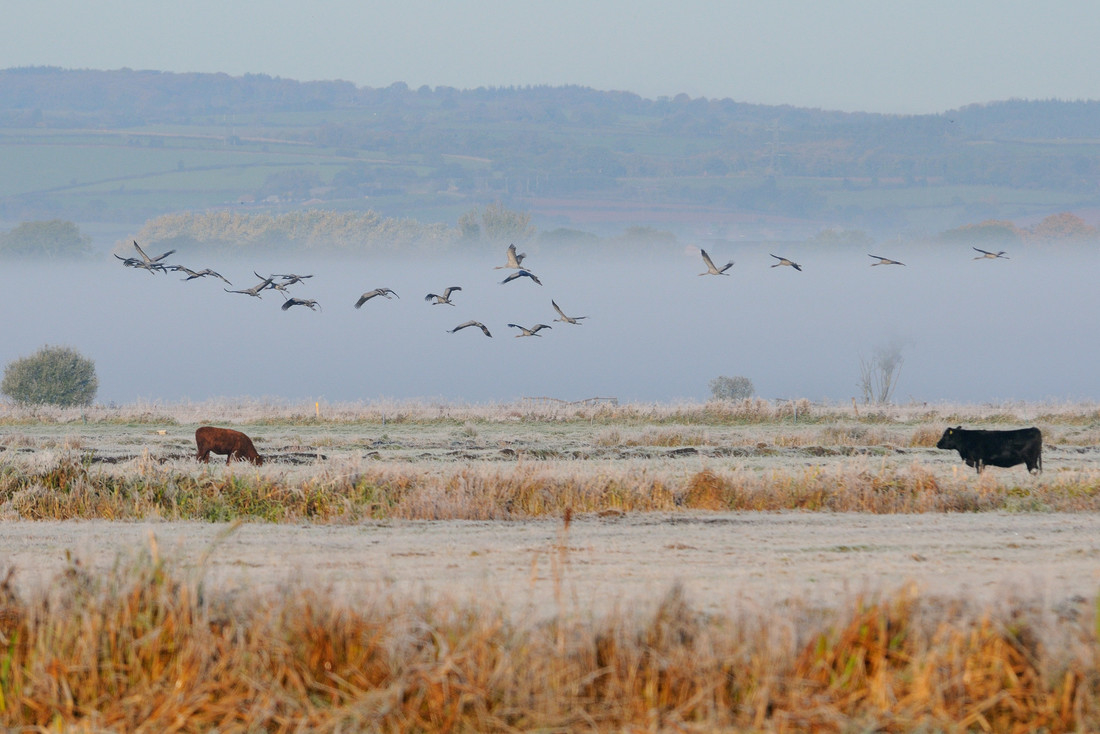
UK crane population reaches its highest level for over 400 years
Crane numbers are a 400-year high thanks to to a conservation partership between charities.
22 April 2020
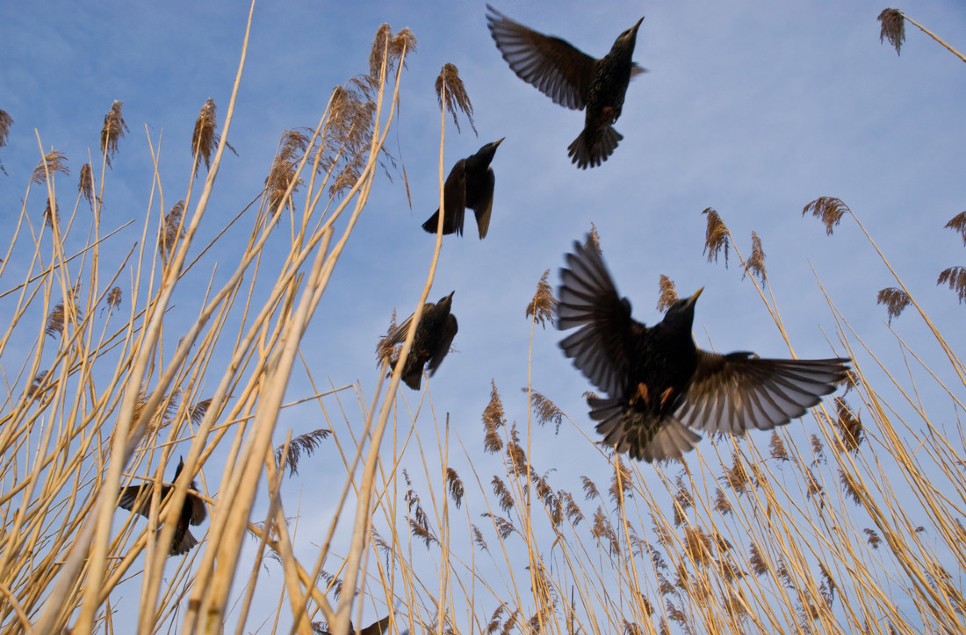
If we want to bring back farmland birds, restore a farmland pond, new research shows
Researchers have shown that restored farmland ponds contained twice as many bird species and almost three times as many birds, compared to neighbouring unmanaged and overgrown ponds.
4 March 2020
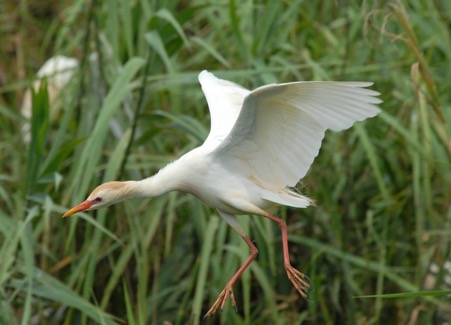
Protecting biodiversity at WWT Steart Marshes
Life thrives in wetlands and by creating and managing habitats, we can improve an area's biodiversity. One of our shining examples of how we can do this on a grand scale is the Steart Marshes, a huge salt marsh reserve created in 2014.
2 February 2020
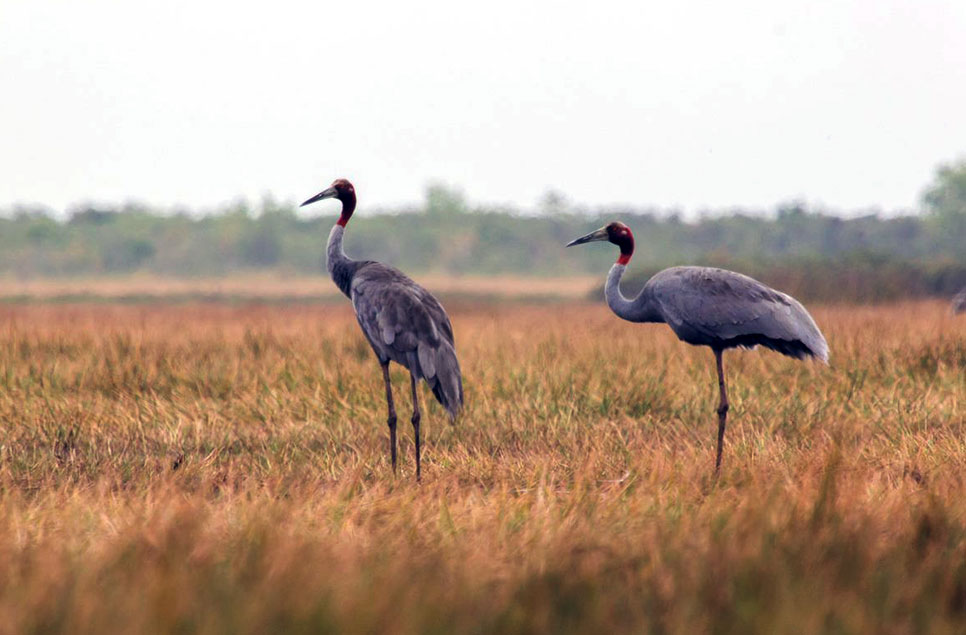
Cambodia: the kingdom of wetlands
Cambodia is one of the most wetland dependant countries in the world. More than 46% of its people live and work in wetlands and 80% of the population rely on them for food. Yet protecting wetlands in Cambodia is a complex and challenging issue.
20 September 2019
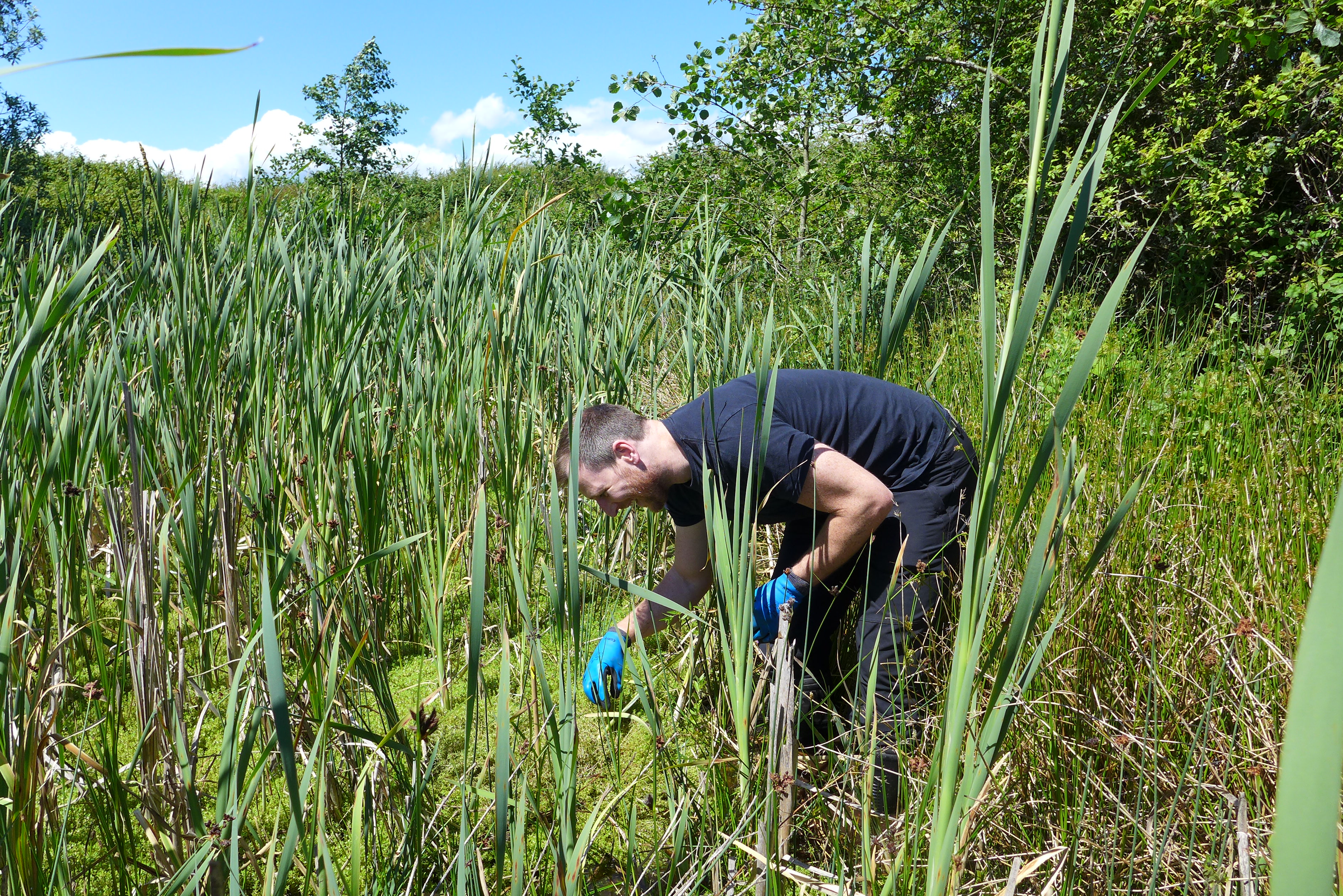
Alien Plant Meets a Mighty Foe at Llanelli Wetland Centre
In a first for Wales, a microscopic sap-sucking mite has been introduced in a bid to help control invasive Australian wetland plant Crassula that chokes up bodies of water and vastly out-competes our native plants.
3 September 2019
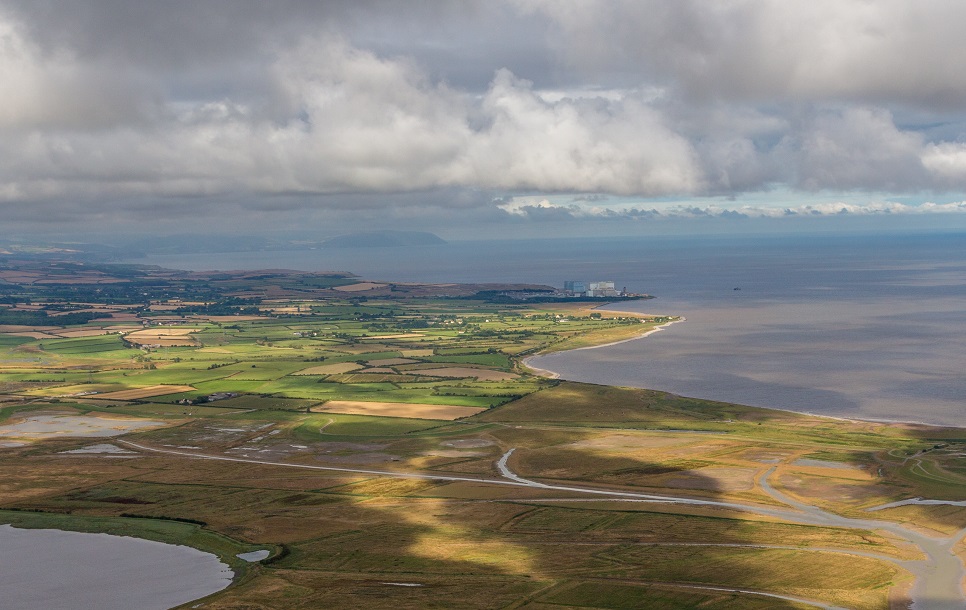
Giant plughole poses serious threat to sea life in the UK's largest estuary
Up to half a million fish each day will be sucked into Hinkley Point C nuclear power station if it is allowed to install a “giant plughole” in one of the UK’s heaviest protected marine areas, the Severn Estuary.
22 July 2019
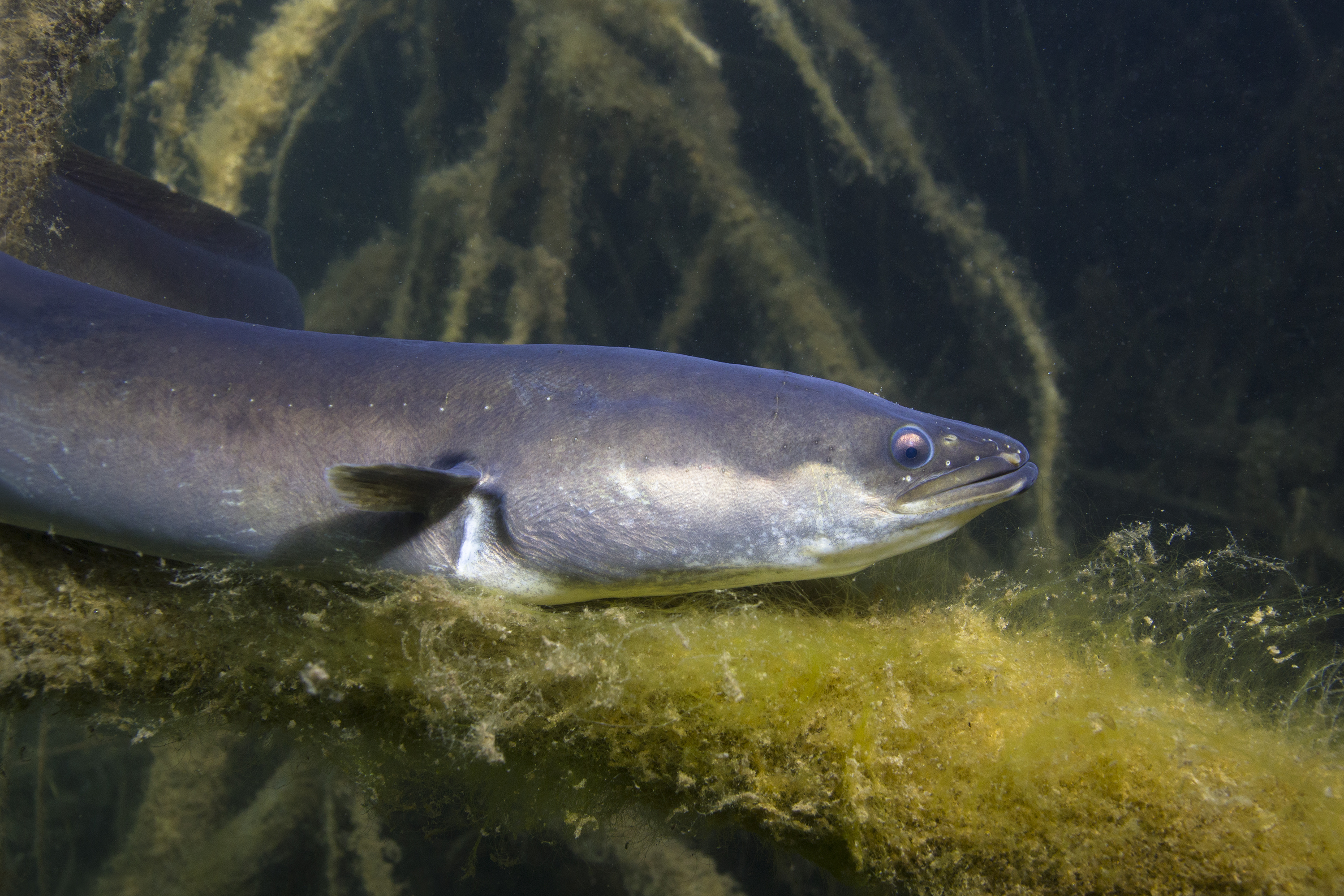
Freedom for fish in the Severn Vale after old waterways restored as part of 1.3m project
Struggling salmon, and a wide range of other fish species, will now have improved passage along the River Frome following the rewetting of an old channel at Bond’s Mill in Stonehouse, Gloucestershire.
8 July 2019
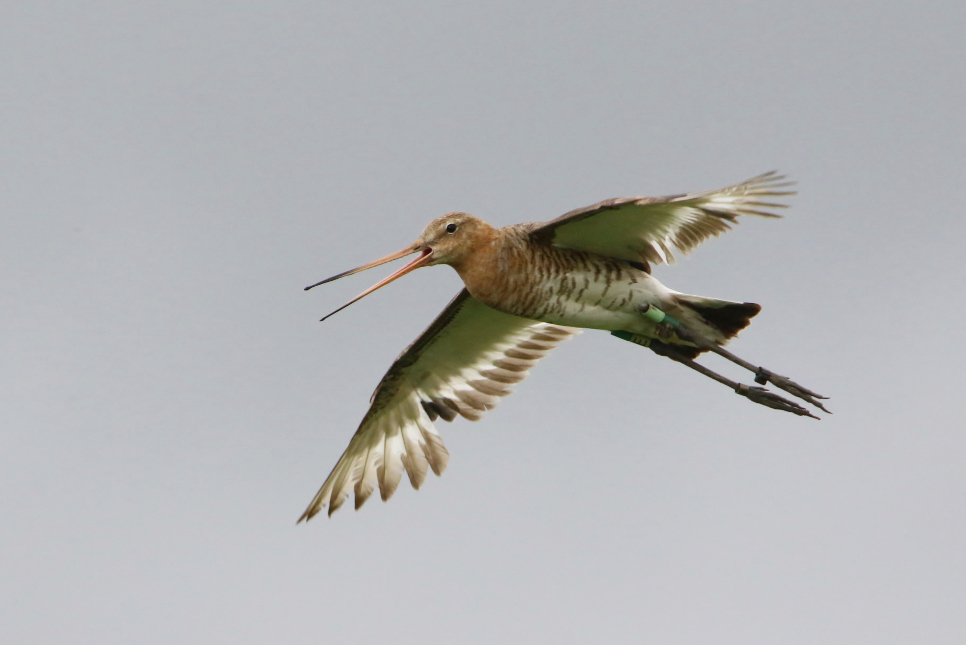
The chips are down! Miracle birds hatched from ‘muddy potato’ eggs return thousands of miles to rearing site
Rare black-tailed godwits hand-reared at WWT Welney after their eggs were freed from muddy farmland have flown thousands of miles home for summer.
23 May 2019
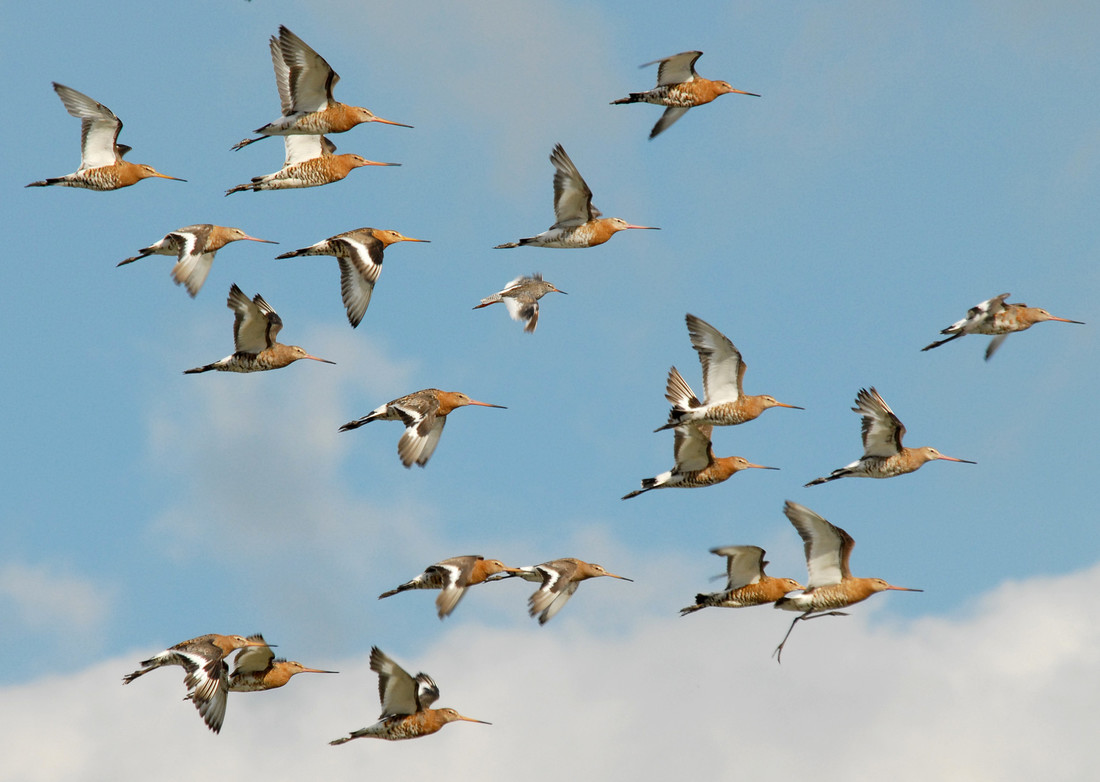
The facts about biodiversity loss: 6 key insights from the 2019 UN IPBES report
In a comprehensive and shocking global report, the IPBES have published landmark findings that show biodiversity in wetlands and other habitats around the world is in freefall. We examine what the report tells us, and what can be done.
7 May 2019